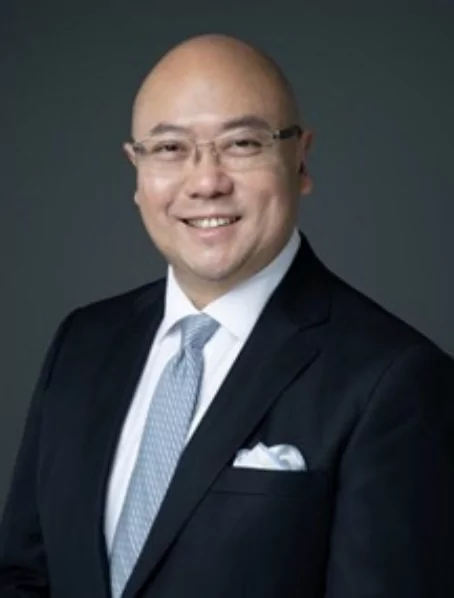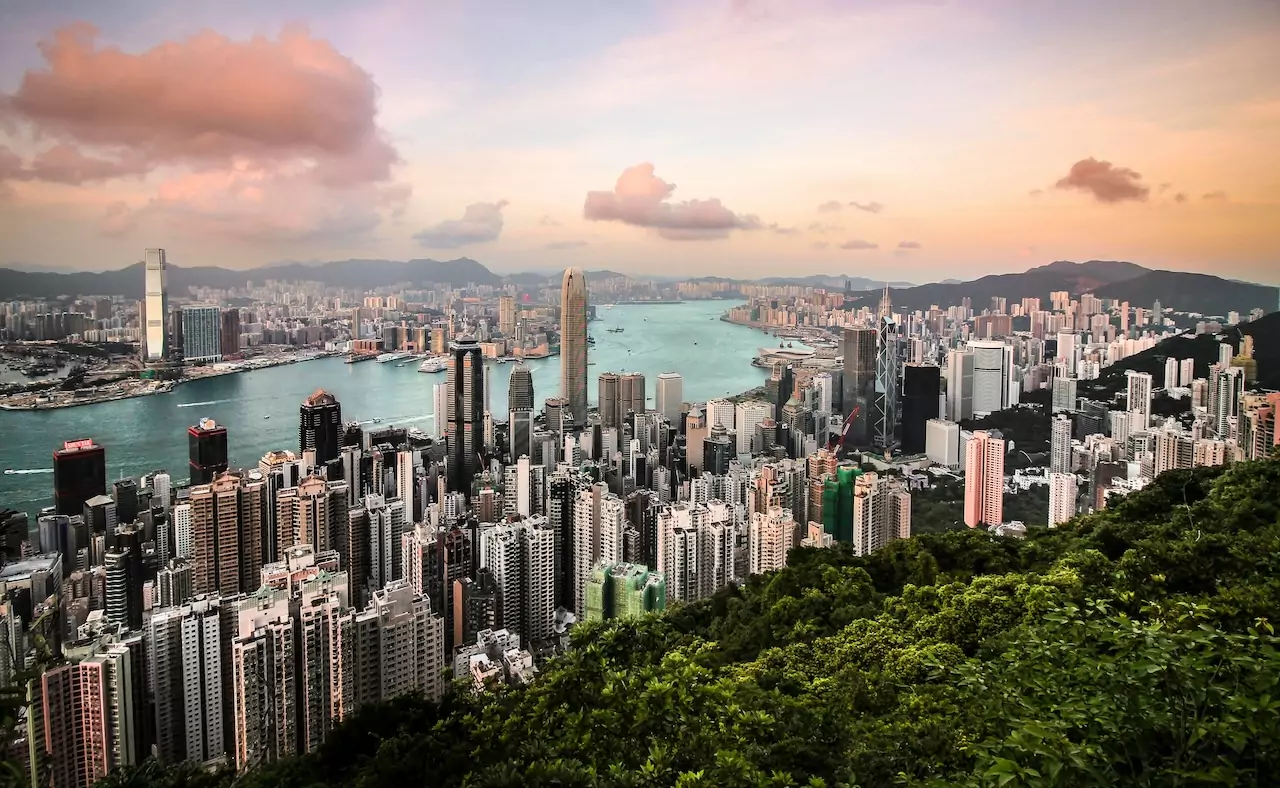GBA stands for Greater Bay Area and is the area of China that includes that group of cities and territories around Hong Kong, Macau, Shenzhen, Guangzhou. It is an area of 55,000 square kilometres where about 87 million people live. and has a combined economy of around two trillion dollars, which is projected by the OECD to double within the next 10 years.
Charles Ng is Associate Director General of Invest Hong Kong (InvestHK), the government department responsible for attracting and facilitating international direct investment into Hong Kong, Startupbusiness met him.

“The GBA is today the true locomotive of China and in terms of economic, financial, industrial, logistical, technological and also artistic and social innovation capacity it is unrivalled in the whole of Asia,’ says Ng.“Shenzhen was a fishing village only a few decades ago, but today it is the Chinese technology capital and it is adjacent to Hong Kong, which is the global financial centre on a par with New York and London, and even the Swiss bank UBS has noted that Hong Kong will overtake the Confederation in terms of the amount of wealth managed within the next few years. The GBA brings together financial and technological concentration in a single territory; in the US, for example, these two poles are as far apart as the entire continent, with one on the east coast, New York, and the other on the west coast, Silicon Valley. From Hong Kong, a fast train takes 14 minutes to Shenzhen and 45 minutes to Guangzhou, and the bridge connects Hong Kong with Macau in less than an hour and it should also be remembered that currently about half of the world’s population lives within a five-hour flight radius of Hong Kong’.
There is a project that will give even more strength to this scenario, called Northern Metropolis, an area of 300 square kilometres in the northern part of Hong Kong on the border, formed by the Sham Chun River, with the urban area of Shenzhen: ‘One third of the area of Northern Metropolis will be allocated to the development of what has been called the International Innovation Hub where companies, academia, start-ups, and finance will converge to support technological innovation in sectors such as lifescience, artificial intelligence, datatech, fintech, web3, advanced manufacturing, and energytech.
“The project has now started with an investment of about EUR 20 billion,” explains Ng, “and has been conceived as a hinge between Hong Kong and Shenzhen, with which there are formidable synergies, because on the one hand there is an acceleration on the consolidation of the technological pole and from this a fabric that favours international relations, and on the other hand other areas dedicated to logistics and high-level professional services, industry, tourism and sustainability will also be built in the Northern Metropolis. This is the cornerstone of the strategy, which is based on financial and fiscal policies, the system provides for low taxation and is transparent in its execution, making it ideal also for private capital such as family offices, on technology and innovation with strong international connections, and also on sport and culture, we want to make Hong Kong the place where the east and west of the world meet’.
Today, Hong Kong is home to the headquarters or branches of some 9,000 companies from around the world, there are 75 of the world’s top 100 banks and a total of 160 financial institutions, including those with online-only operations, as well as 160 insurance companies, together managing an estimated $4 trillion in wealth by 2023.
“In Asia we are witnessing the phenomenon of intergenerational wealth transfer, in the region it is estimated that the total value of wealth is close to US$6 trillion of which about 60 per cent is in the hands of high net worth individuals, with at least US$50 million per family, and 77 per cent of family offices are looking to the future with very bright prospects, This means that there is new capital ready to be invested and we are working to attract it to Hong Kong. This is why we have recently approved new tax measures for family offices that make it even more advantageous for them to choose Hong Kong, including the possibility of being able to access a golden visa for organisations that have at least US$24 million invested worldwide and establish a base with at least two people in Hong Kong with a total annual expenditure of around US$200,000. Our job is to help family offices identify investment opportunities in different sectors such as technology and arts, lifestyle, greentech and green finance, and that is why we are gearing up to provide all the logistical support to these businesses as well”.
There are 11 universities in Hong Kong, five of which appear in the top 100 in the world, and it is the only city on the planet to boast such a record: ‘research is fundamental, take medical research for example, in Asia there are six major health problems: heart health, cancer, diabetes, viruses, the rising average age of the population and the eye problems from which many Asians suffer, and many of the research initiatives in the lifescience field are in this direction. The city is also building a new 55,000-seat high-tech stadium and estimates are that around 850,000 people are expected to arrive during 2025 to attend trade fairs and events and it is to meet this growing demand that the third runway of the international airport is also being built.
On the start-up front, the Associate Managing Director of InvestHK emphasises how, given the fabric that is being built, opportunities are within reach even for fledgling companies, in 2023, almost 4300 start-ups were based in Hong Kong, including those that chose to open in the city from China, the UK, the US, France, Australia, Germany, Canada, India, Singapore mainlyThere are venture capital funds and programmes that encourage expansion into Hong Kong for start-ups, and support in getting them to invest in start-ups also plays an important role in our initiatives to support family offices. (photo by Florian Wehde on Unsplash)
ALL RIGHTS RESERVED ©
